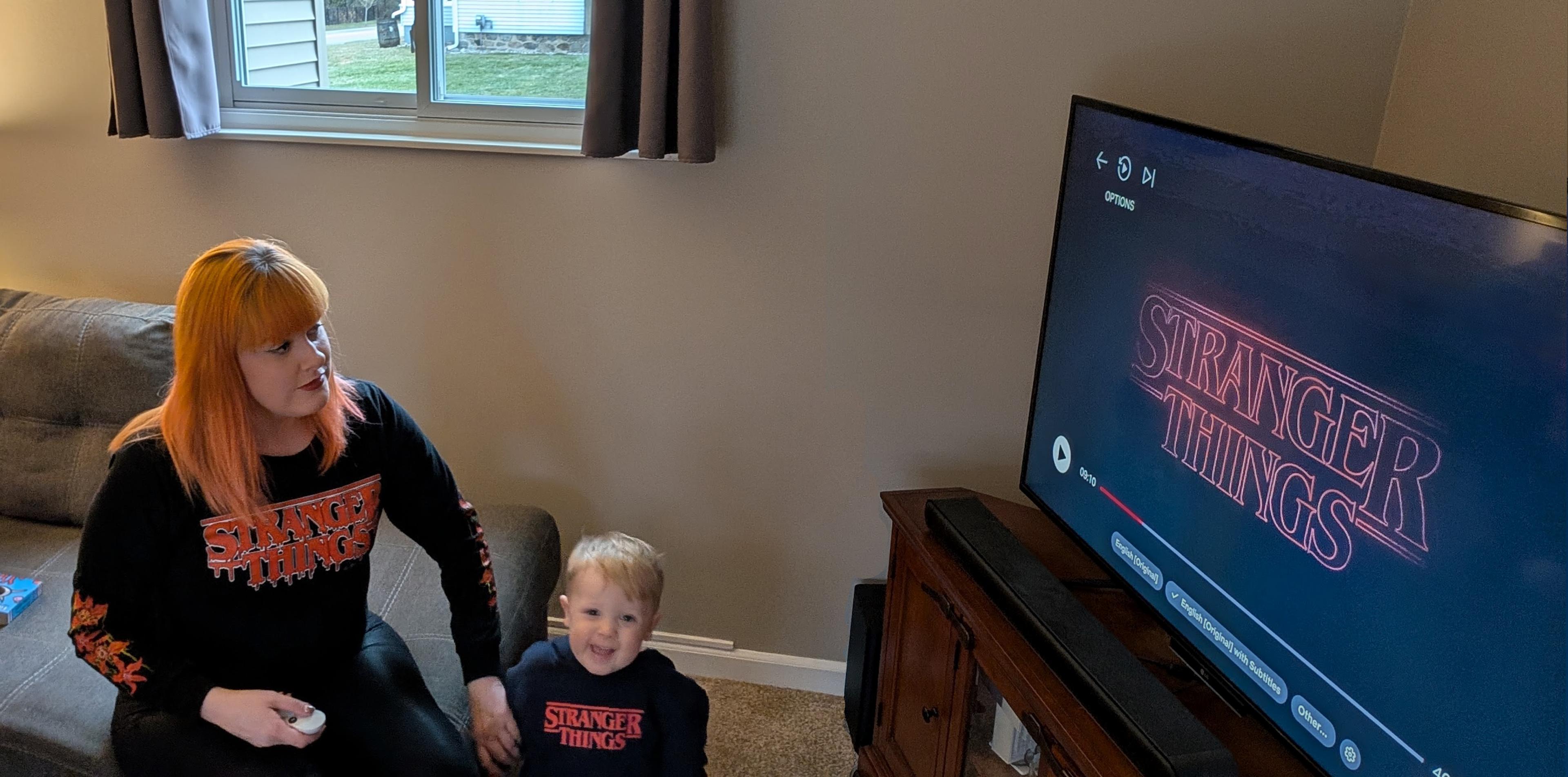This is your brain (and body) on exhaustion
| 3 min read

Have you ever sat down at your desk and found your to-do list more daunting than usual? There may be a few reasons behind this feeling: You could be facing a particularly extensive list, you could have slept poorly the night before (a problem that affects nearly a quarter of American adults, according to the National Sleep Foundation), or you are spending an excessive amount of time on work lately.

Your brain’s capacity to remain engaged and focused on a specific task is finite, meaning that everybody needs some downtime every now and then. Routinely pulling long work days to complete projects can push your brain over the tipping point and lead to mental exhaustion, which affects your health in several ways.
Overworking the brain can hinder mental processing by decreasing activity in the frontal lobe, a key area that controls coordination and the ability to solve problems. It can also lead to physical exhaustion by disrupting circadian rhythms, the body’s internal clock, which can make it tough to fall asleep at night (and even tougher to concentrate the next day). And burning the candle at both ends can increase stress levels by altering how the brain releases the stress-regulating hormone cortisol, further clouding mental processing.
How can you combat this brain drain? Here are a few tips to help you stay charged day in, day out:
- Feed your brain: Include protein in your breakfast, like eggs or yogurt, to charge your brain for the day ahead.
- Get up from the desk: Periodically get up from your desk and move around to get the blood pumping. This will circulate revitalizing oxygen to your brain for a quick boost.
- See green: Taking a midday break and walking through green spaces, like parks, can put your brain at ease.
- Make the most of your work day: Not every project has to be done right now. Learning how to prioritize can help you better focus on the task at hand and limit your late hours.
- Stay active: Working out releases stress-relieving endorphins, while activities like yoga and meditation can help clear your mind.
- Power down properly: Put down the laptop or tablet a few hours before you hit the hay. Staying plugged in at late hours can limit melatonin circulation, which naturally helps put you to sleep.
Check out these blogs if you enjoyed this one:
This blog post is part of #HealthyMe, a personalized web experience based on your health and wellness goals. To sign up today, visit https://www.ahealthiermichigan.org/healthyme
Photo credit: Jessica Lucia





